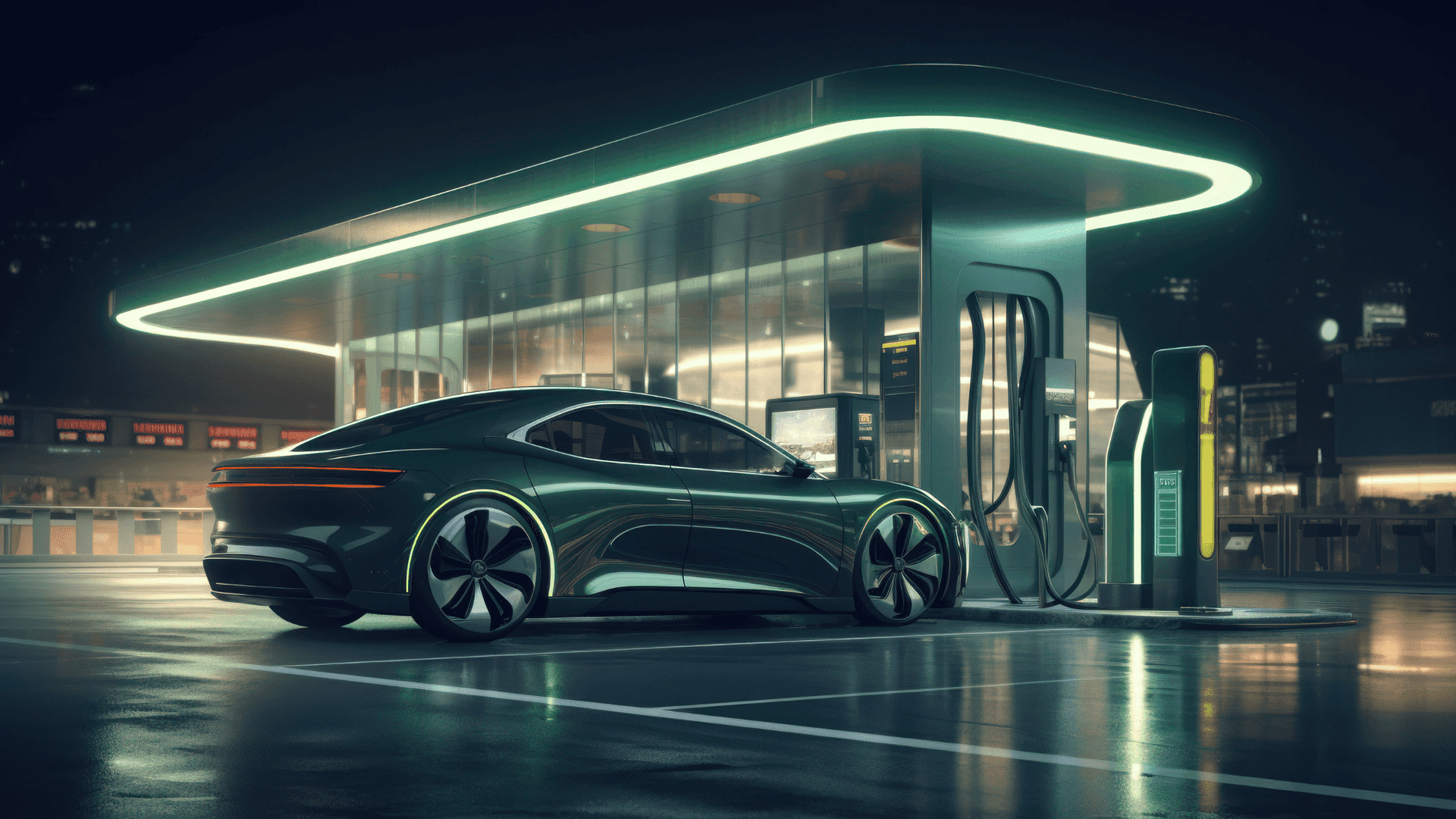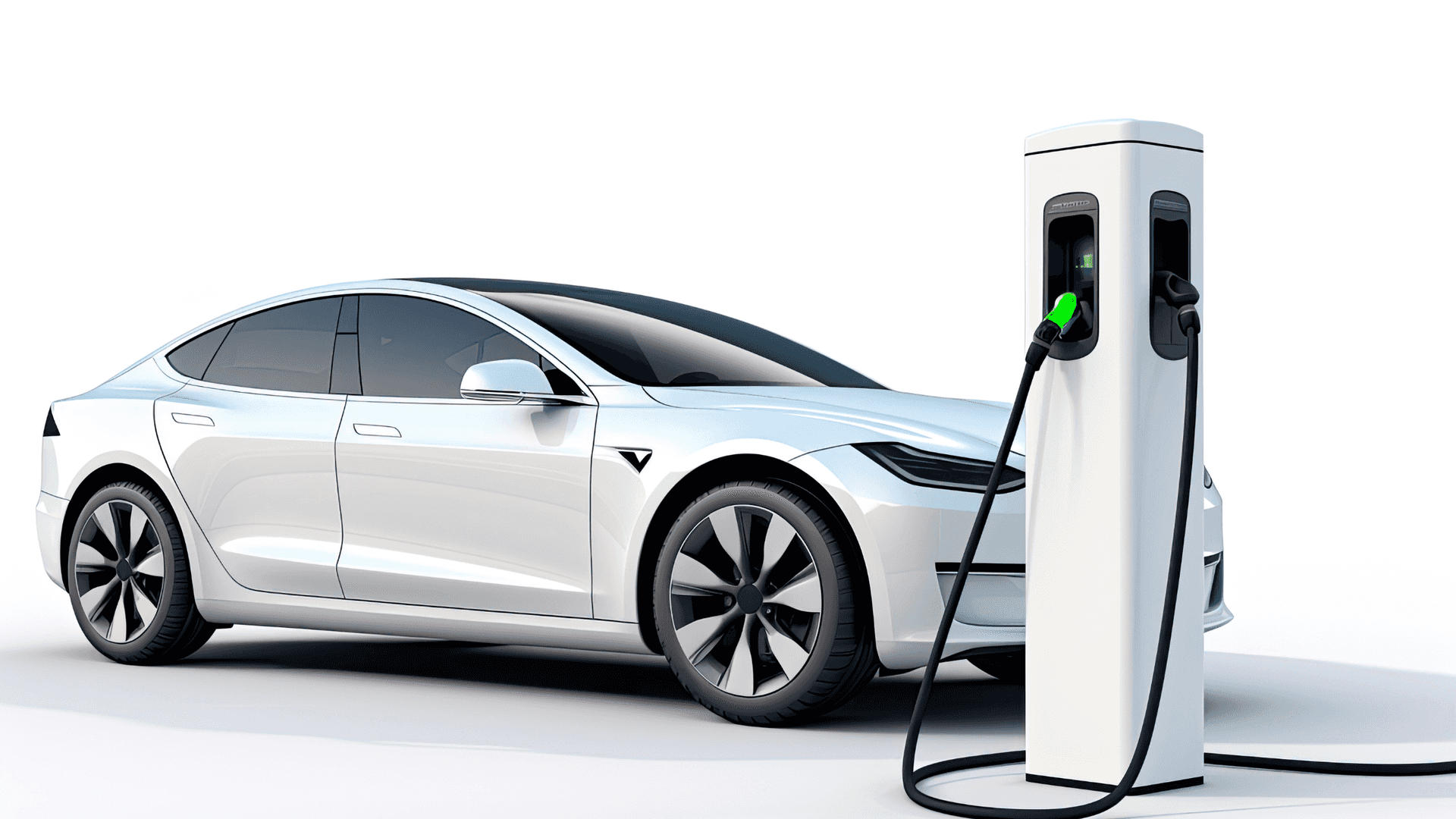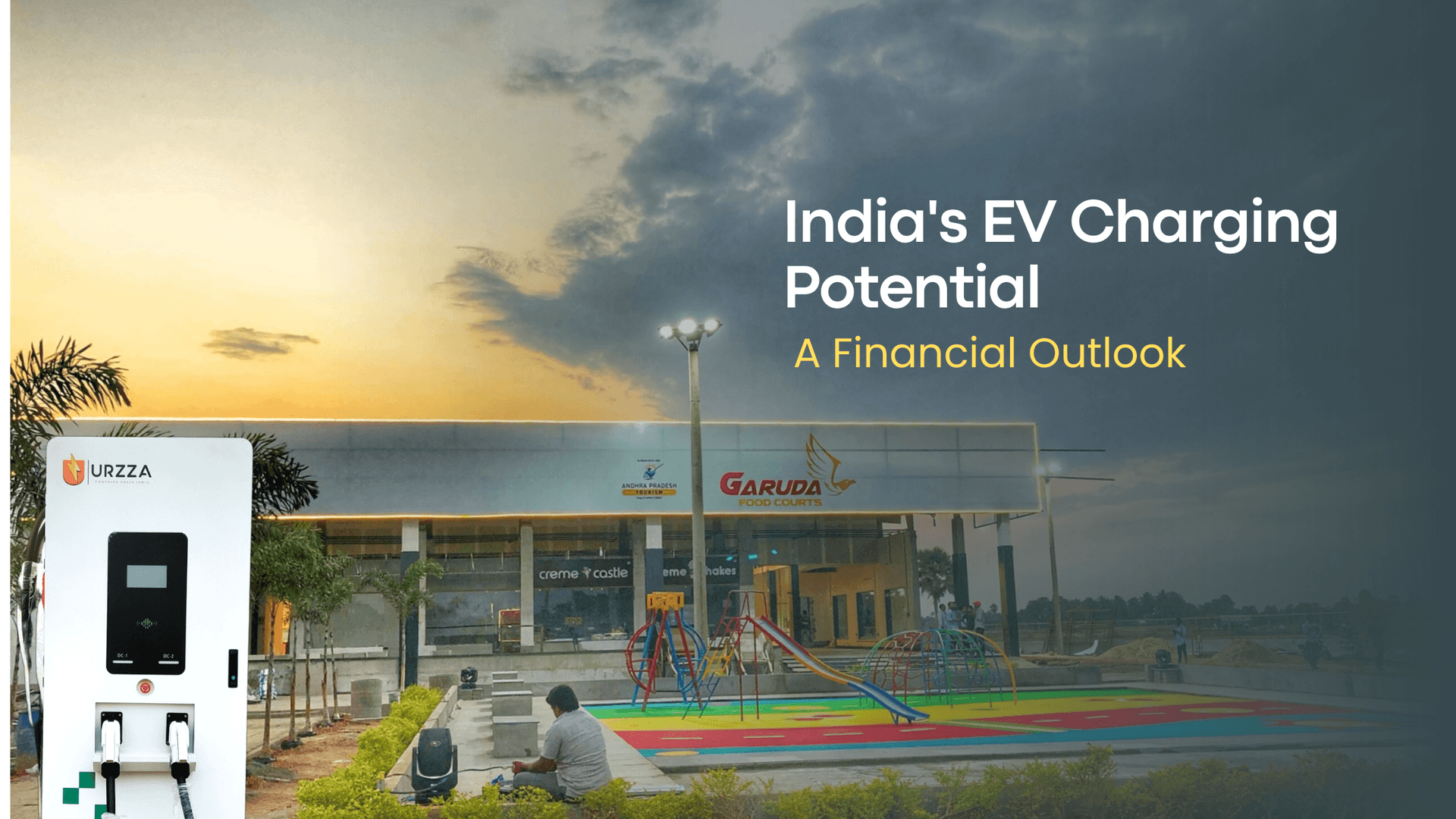
As sleek electric cars glide out of showrooms and onto our city streets, their futuristic designs and near-silent motors capture our attention. Yet, amidst the head-turning aesthetics lies a realm of specifications, with one often-overlooked factor significantly influencing the electric vehicle (EV) experience: EV voltage. While discussions about range and efficiency often dominate, the power of voltage holds the key to unlocking the full potential of your electric journey, particularly when it comes to electric vehicle charging.
Electricity 101: A Matter of Pressure and Pipes
In the complex landscape of electric vehicles, understanding the nuances of EV voltage is akin to comprehending water flow in a plumbing system. Envision electricity as water coursing through your EV, and EV voltage as the water pressure propelling energy through the system. Just like stronger water pressure in larger pipes, higher EV voltage allows more energy to flow with less current, providing a vital analogy for electric vehicle charging.
Watts, the measure of overall power, weave the narrative of voltage and current working harmoniously. Charging faster requires more power, achievable through an increase in either EV voltage or current. The challenge surfaces when high current generates heat and energy loss, impacting both charging speed and the longevity of the EV battery. This is precisely where the magic of higher EV voltage comes into play.

The Power of High Voltage: Fast Charging and Beyond
By elevating the EV voltage, the reliance on high current diminishes, resulting in faster charging, lower energy loss, and reduced heat generation – all pivotal elements for an enhanced EV experience, especially in the realm of electric vehicle charging. Imagine replenishing your EV battery in minutes instead of hours, extending its life, and contributing to long-term cost savings.
However, the transition to higher EV voltage systems, particularly in the 800V or 900V range, introduces a set of challenges. Redesigning components and circuits comes at a cost, which explains why not all EVs boast this voltage power-up. Yet, as electric vehicles become more prevalent, charging infrastructure expands, and consumers seek faster electric vehicle charging speeds, the appeal of higher EV voltage becomes increasingly evident.
Innovators Leading the Charge
The future of electric vehicles is undoubtedly electrifying, with industry pioneers embracing higher EV voltage. Leading manufacturers like Kia (with models like EV6 and EV9), Hyundai (Ioniq 5 and 6), Porsche, and Audi are championing the 800V architecture. These trailblazers offer charging speeds that reach an astonishing 350kW, setting a new standard for electric vehicle charging in terms of both speed and efficiency.
400V Still Plays a Role
While 800V takes the spotlight, the stage is not entirely dim for 400V EVs. Innovative solutions, exemplified by vehicles like the Hummer EV with its dual-layer batteries, showcase impressive charging speeds within the 400V range. However, industry trends indicate a trajectory toward a future where 800V becomes the norm for faster and more efficient electric vehicle charging.
Voltage Matters: A Brighter Future for EVs
The voltage of your EV battery is not merely a numerical value; it serves as a window into the car's performance and shapes your charging experience. Challenges notwithstanding, advancements in technology and the growing demand from consumers pave the way for a future dominated by high-voltage EVs on the roads, offering faster, cleaner, and more enjoyable electric journeys.
Facts and Figures to Illuminate the Journey
Now, let's delve into some essential facts and figures that underscore the significance of EV voltage, electric vehicle charging, and charging speed:
- Average 400V EV charging speed: 50-150 kW
- Average 800V EV charging speed: 150-350 kW
- Kia EV6's 800V system with 350kW charging: Adds 100 miles of range in 10 minutes
- Global electric car sales in 2023: Projected to reach 10 million units
- Estimated growth rate of the EV market: 25% per year between 2023 and 2030
By incorporating these details, we not only enhance the informativeness of our narrative but also underscore the relevance of EV voltage and charging speed, emphasizing that understanding their dynamics is pivotal for unlocking the full potential of our electric journey, especially in the realm of electric vehicle charging.
Share |

